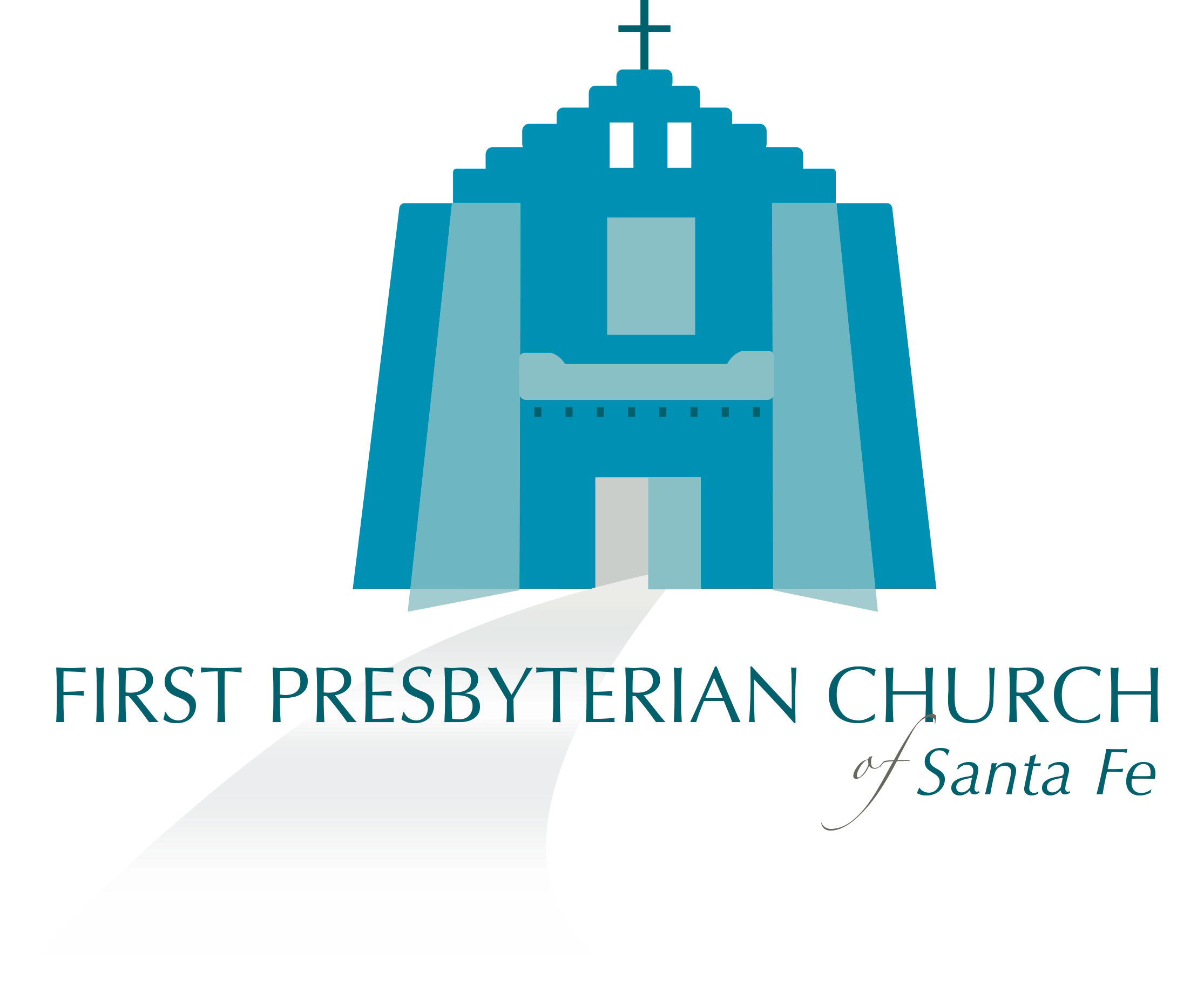Dear Saints in Santa Fe and other far-off places,
Greetings in the name of Jesus Christ.
“To the Glory of Jesus Christ, my Lord and Savior.”
This was written on the final page of a geology test by a college classmate of mine. We all knew Chris and it didn’t surprise anyone. I would have probably forgotten many years ago if not for the response from the professor when the test was returned. At the bottom of the front page he wrote “You and Jesus got a D.” Ouch.
I have shared this story through the years because of the professor’s response but I have changed my tune about Chris’ words.
What is wrong with taking a test to the Glory of Jesus? The Celts, part of our Presbyterian heritage, were known to pray throughout the day in everything they did. I assume it could include a geology test as well. Why not?
What is wrong with understanding Jesus as your Lord and Savior? At one time this was a question posed to new members in our Presbyterian tradition, a long-held profession of faith.
I have spoken many times about the definition given to “Glory to God” by Irenaeus in the second century as “a human being fully alive.” I have always loved this definition and I am reminded of this every time we open our hymnals, aptly named “Glory to God.” We become fully alive when we sing. How wonderful is this?! And then what else?
“Lord” has been more problematic, especially in recent years, as we grapple with male language and domination. For that very reason, and a solid one at that, many prefer other ways to address Jesus. Yet, the idea behind the word remains an important one, that we see Jesus as one with authority in our lives. How counter-cultural is that?!
“Savior” has so very often been misinterpreted and misunderstood. It does not mean one who helps you get to heaven if you believe the right way. Rather, the word for salvation in Greek literally means “wellbeing, health, integrity, and shalom.” Jesus embodied all these words and Christianity is at its best and most authentic when we do so as well.
Perhaps Chris wrote his words at the end of a test because it helped him, apparently not with a grade, but with the way he saw his life, and the life he wanted it to live. I have no idea what he is doing now, perhaps not a geologist (but who knows?), but I would like to thank him for making me think through what a life with Jesus might really be.
If we’re serious about following Jesus, it’s a question we all need to ponder: Whether or not we want to be fully alive through the message and life of Jesus Christ, who still holds authority in this challenging world of ours, and offers us wellbeing, health, integrity, and shalom.
You might want to write this down somewhere.
Grace and peace,
Harry
